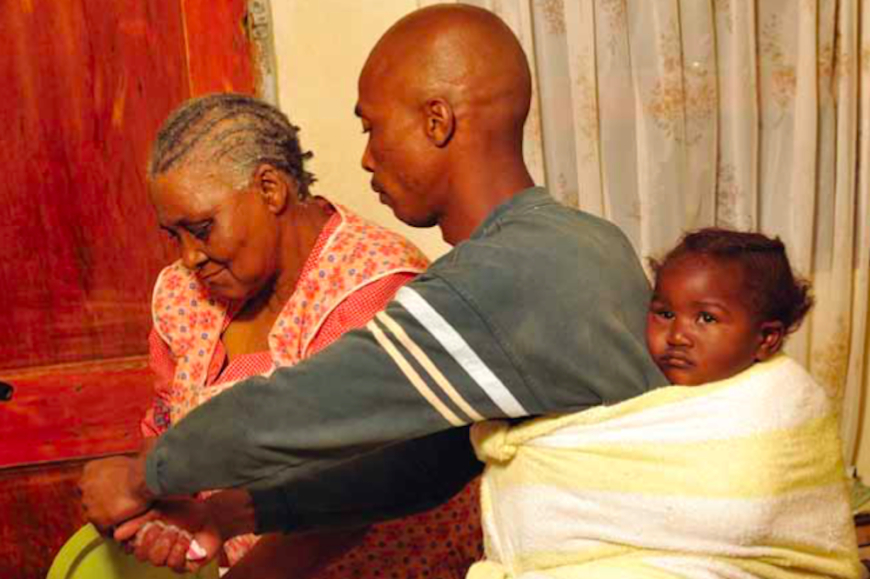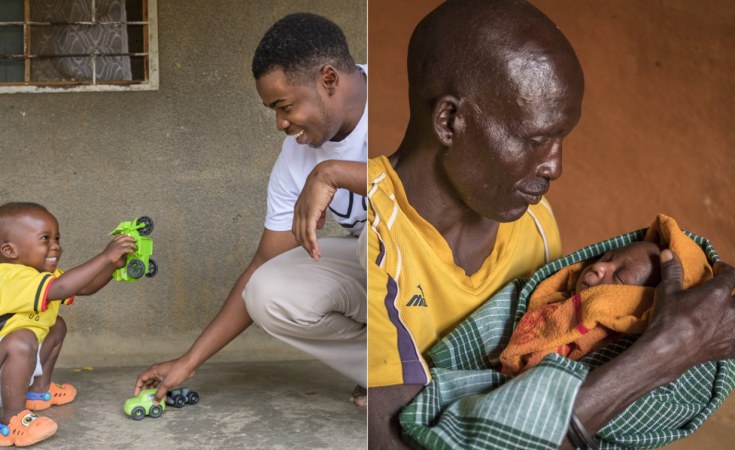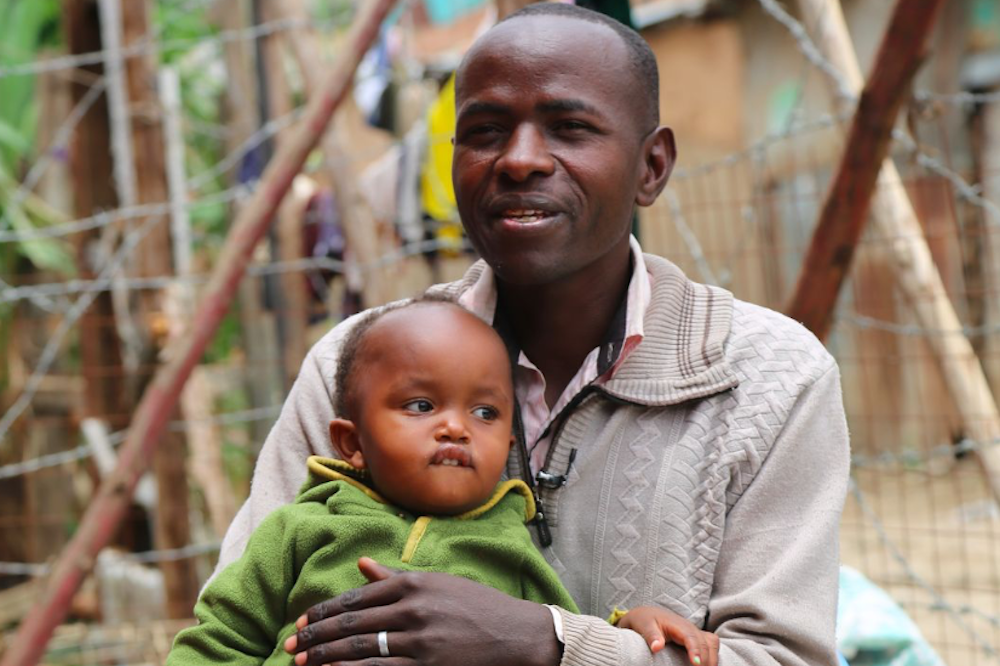The Essential Role of Fathers in Child Care: Breaking Stereotypes
This article explores the essential role of fathers in child care across Kenya and Africa, highlighting the need for cultural shifts that embrace active fatherhood from pregnancy through early childhood. Discover the crucial role of fathers in child care across Kenya and Africa. Learn why embracing active fatherhood from pregnancy to early childhood is vital for family dynamics, child development, and societal well-being.

In many cultures, there is a widespread belief that child care, especially during pregnancy and the early stages of a child's life, is primarily a mother's responsibility. However, this mindset is not only outdated but also harmful to family dynamics. Fathers play an equally crucial role in raising children, and it's time we recognize and embrace this fact.
The Cultural Shift: Fathers Matter
Historically, many societies have relegated fathers to the sidelines when it comes to child-rearing. The idea that "children belong to the mother" has long persisted. However, the father's involvement from an early age is vital. The lack of such involvement often leads to weakened bonds between fathers and their children, impacting family relationships later in life.
When dads are not engaged early on, they miss out on the opportunity to build a strong relationship with their children. Engaging in prenatal appointments and actively participating in the child's life from the start fosters a deeper connection and involvement. It's also crucial for children to have both parents actively involved for their social and psychological development.

The Health System's Role
The health system is beginning to recognize the need for this cultural shift. Focus is increasingly on ensuring not just a healthy mother and baby, but also a fulfilled and involved father. This holistic approach benefits the entire family unit.
When fathers accompany their partners to medical appointments, it not only offers support to the mothers but also educates fathers about what to expect. Understanding the physical and emotional changes during pregnancy and after birth prepares fathers to participate more effectively in child care. It's about creating a "happy family" environment, where everyone is involved and informed.
Fathers and Emotional Well-being
Many might not realize it, but men also experience emotional challenges during their partner's pregnancy. The term "expectant fathers" underlines their changing role. Anxiety and stress can affect men as they navigate this life-altering period. Men may feel powerless during childbirth, and this stress can continue postpartum. Left unaddressed, it may lead to depression.
Recognizing these signs is crucial. Men often express stress by withdrawing or engaging in behaviors like excessive drinking. Understanding and supporting men through these changes are key components of a healthy family dynamic.

Active Participation: What Fathers Can Do
The role of a father extends beyond financial provision. Here are key contributions fathers can make:
- Support and Love: Being a supportive partner during and after pregnancy helps nurture a positive environment for the child.
- Presence: Engage and spend time with the child, be it through play or attending medical appointments.
- Protection: Be proactive in safeguarding the child’s welfare, both physically and emotionally.
- Provision: Contribute to the family's financial needs, but also be involved in decision-making regarding the child's upbringing.
- Guidance: Offer moral and ethical guidance, instilling values and setting an example.
- Communication: Maintain open communication with your partner, addressing challenges and celebrating achievements together.
Building a Better Society
The father's active role is instrumental in raising well-rounded individuals and, by extension, fostering a better society. By being present and engaged, fathers not only support their partners but also provide a stable environment for their children to thrive.

Conclusion
Fatherhood is not a passive role. It demands active participation, understanding, and a commitment to being present from the very beginning. Societal norms are shifting, and more families are recognizing the importance of a father's role in child-rearing. By fostering this involvement, we can create happier, healthier homes and, ultimately, a more cohesive society. So, let's encourage fathers to seek information, engage with their families, and embrace their pivotal role in raising the next generation.
What's Your Reaction?















































































































